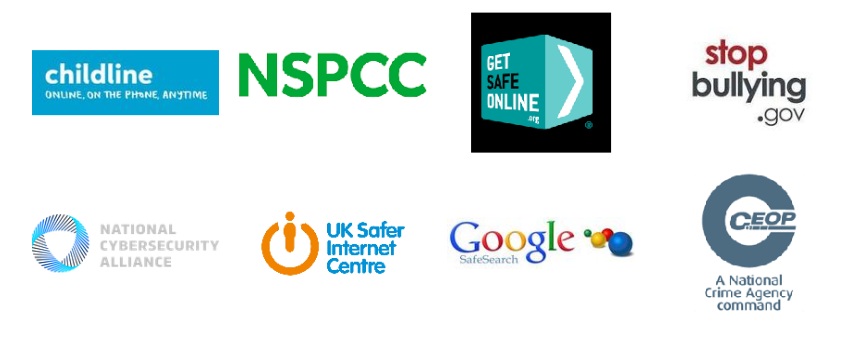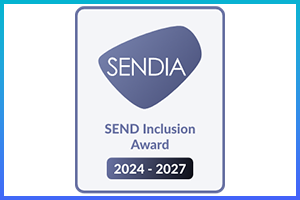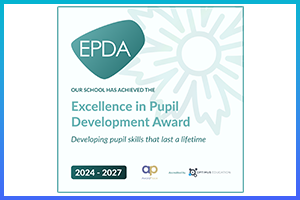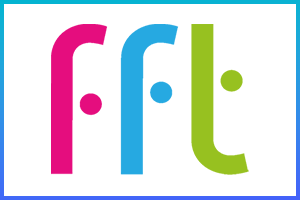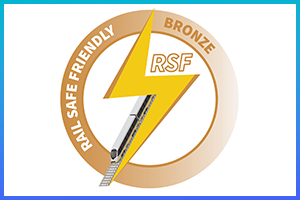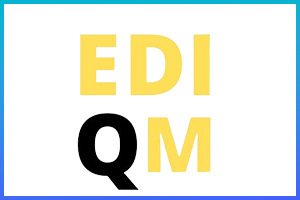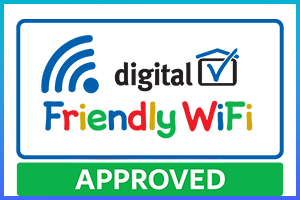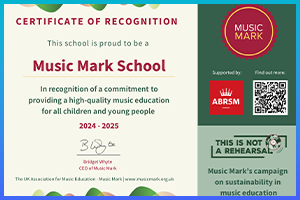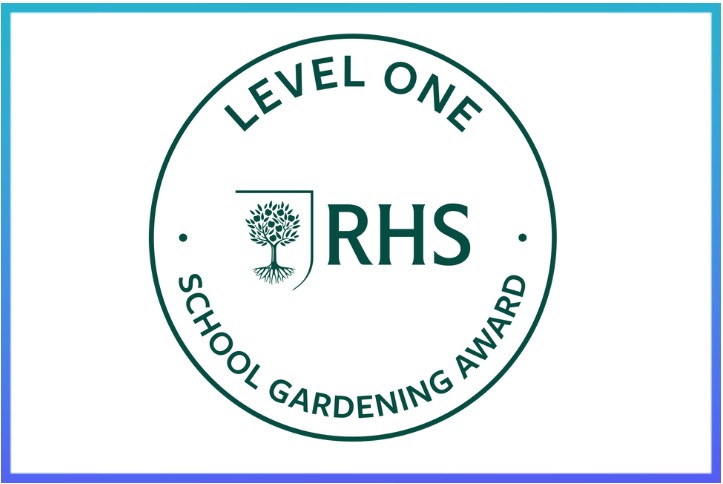Woodhey has comprehensive safeguarding arrangements in place to ensure our pupils’ online safety, it is equally as important for parents to talk to their children about online safety and monitor their internet usage at home, using age-appropriate parental controls to restrict their access to potentially unsafe material. Parental controls can be activated on home broadband, search engines, YouTube, mobile phones and games consoles.
Whilst it may not always be easy to talk to your child about challenging issues such as peer on peer abuse, cyber bullying, and pornography, if you are open and honest with them about the dangers they may encounter online, it may encourage them to confide in you in the future. If you are concerned that your child is being secretive or spending too much time online, it may be worth moving their computer into a communal family area so that you can keep an eye on them.
You should encourage your child to act responsibility online, and treat others as they would wish to be treated. You should also warn your child that they should never hide behind an anonymous user name to make unkind comments, or say something they would be reluctant to repeat during face-to-face interactions. Remind your child that the comments they make and the pictures and videos they post online may end up having a wider audience than they anticipated – and even if they delete them, there’s no guarantee that someone hasn’t already saved, downloaded or taken a screen shot of their post.
Children under the age of 13 should not be using social networking sites like Facebook, Instagram and Tumblr – this is stipulated in the sites’ terms and conditions – but it easy for them to set up an account by claiming to be older than they actually are. If your child does have a Facebook or other social media account, it is important to encourage them to use enhanced privacy settings, so that only their friends are able to search for them and see what they are posting. Warn your child that they must never accept friend requests from strangers or people they don’t know very well. You should also encourage your child to accept you, or a trusted friend/relative, as their “friend” or “follower,” as this will enable you to monitor – at least to some extent – their online posts, conversations, and the friends they are choosing to accept.
Parents should also be aware that content filters may not always work if a child is using public Wi-Fi, so it is important to ensure their access to unprotected Wi-Fi is limited.
Further information for online safety is available in the leaflets below.
Online Safety Tips for Children
Safe and Healthy Habits Online
If your child has been targeted online, the website Internet Matters offers detailed advice about who to report the incident to. Links to other websites that you may find useful are included below:
- CEOP, an online resource for reporting and dealing with online abuse from the National Crimes Agency
- DfE Advice for Parents on Cyberbullying
- Cyberbullying and children and young people with SEN and disabilities
- Get Safe Online
- The UK Safer Internet Centre
- The Use of Social Media for Online Radicalisation (Home Office, 2015)
- NSPCC Online Safety
- StaySafe Online
- Staying Safe on Facebook
- ChildLine Online Safety
- YouTube Safety Mode
- Google Safe Search
